GENERAL DATA
Plant Parts: Young stems, leaves and flowers
Cultivation Mode: Wild collection/ Cultivated
In Manufacturing: Pharmaceutical, alcoholic liqueurs, beverages, extract, cannery, cosmetics, tea, oil, hydrosol
🌿 Industries That Use Hyssop Herb (Hyssopus officinalis L.)
Hyssop is a traditional aromatic herb with a long history in folk medicine, European pharmacopeia, and culinary applications. The entire aerial part (leaves + flowers) is typically harvested during flowering and used in herbal preparations, extracts, and essential oil distillation.
Rich in essential oils (pinocamphone, isopinocamphone, β-pinene, limonene), tannins, flavonoids, and phenolic acids, Hyssop supports a wide range of industries.
1. Pharmaceutical & Herbal Medicine Industry
Hyssopus officinalis herb is traditionally used for respiratory and digestive ailments. It has antispasmodic, expectorant, antimicrobial, and carminative actions.
Applications:
-
Herbal cough syrups and expectorants
-
Digestive teas and carminative capsules
-
Topical antiseptic formulations (wounds, skin infections)
-
Used in folk medicine for treating colds, flu, asthma, and bloating
✅ Form: Dried aerial herb, tinctures, extracts, capsules
2. Essential Oil & Aromatherapy Industry
Hyssop essential oil is obtained by steam distillation from flowering tops. It’s prized for its invigorating scent and medicinal properties, but due to the presence of pinocamphone, it must be used carefully.
Applications:
-
Aromatherapy blends (respiratory or energizing formulas)
-
Topical ointments (diluted for antiviral and antifungal uses)
-
Massage oils for muscular or rheumatic pain
✅ Form: Essential oil from aerial parts
3. Culinary & Beverage Industry
Hyssopus officinalis leaves and flowers are used in herbal teas, bitter liqueurs, and as a flavoring agent in savory dishes.
Applications:
-
Infused herbal teas with minty-bitter character
-
Flavoring in vermouths and herbal spirits (e.g., Chartreuse)
-
Culinary herb in meat or bean dishes (especially in Levant cuisine)
✅ Form: Dried leaves or whole aerial parts
4. Cosmetic & Toiletry Industry
Hyssopus officinalis is used in herbal body care for its toning, anti-inflammatory, and antimicrobial effects.
Applications:
-
Herbal facial steam or tonics
-
Soothing herbal bath soaks and hair rinses
-
Herbal soaps and skin balms
✅ Form: Infused oils, dried herb powder, hydrosol, decoction
5. Perfumery & Natural Fragrance Industry
Although not widely used as a primary perfume note, hyssop’s aromatic profile supports natural, green, and medicinal fragrance formulations.
Applications:
-
Herbal colognes and fresh blends
-
Botanical incense or potpourri
-
Niche perfumery for spiritual or ritual blends
✅ Form: Essential oil or dried flowers
6. Apiculture (Beekeeping) & Agriculture
Hyssopus officinalis flowers are highly attractive to pollinators, especially bees. The plant is often cultivated for bee-friendly gardens and organic farming.
Applications:
-
Source of aromatic honey
-
Grown in bee-friendly hedgerows
-
Companion plant for pest control in gardens
✅ Form: Live plant, dried flowers (bee forage records)
7. Ethnic & Organic Product Markets
Hyssopus officinalis holds significance in traditional European, Middle Eastern, and biblical medicine. It’s commonly offered in ethnic wellness stores, folk apothecaries, and organic bulk herb shops.
Products include:
-
Loose dried herb for herbalists
-
Ethnobotanical or historical remedy kits
✅ Form: Bulk dried herb, retail packs, herbal blends
✅ Summary of Key Applications
| Industry | Common Uses |
|---|---|
| Pharmaceutical & Herbal | Expectorants, carminatives, antiseptics |
| Essential Oil & Aromatherapy | Respiratory oils, massage blends, antifungal lotions |
| Culinary & Beverage | Herbal teas, bitter liqueurs, seasoning for food |
| Cosmetic & Toiletries | Facial tonics, skin-cleansing products, bath soaks |
| Perfumery & Fragrance | Natural herbal blends, incense, niche colognes |
| Apiculture & Agriculture | Bee forage, companion planting |
| Ethnic & Organic Markets | Folk herbalism, traditional medicine, historical kits |
🌿 Key Features:
-
Entire aerial herb (leaves + flowers) used together
-
Contains pinocamphone, limonene, flavonoids, tannins
-
Respiratory, digestive, and antimicrobial support
-
Important in European herbalism, Bible-based medicine, and natural aromatherapy
HARVEST CALENDAR
Feb
Mar
Apr
May
Jun
Jul
Aug
Sep
Oct
Nov
Dec
To order dried Hyssopus officinalis herb, please contact us.
About Hyssopus Officinalis
It is a perennial plant that reaches sixty centimeters in height. Its stems are straight and relatively thick, and their cross section is square. The bottom of its stems is wooden.
Its leaves are elongated, narrow, almost oval, pointed, small, slightly thick and almost like the leaves of the savory plant. These leaves grow in threes or fives, without petioles, and opposite. In the middle of each leaf, there is a well-defined longitudinal groove.
The flowers are small, purple, tabbed and slightly elongated and grow without a stalk at the junction of the leaf and the stem. The flowers of some species of this plant are blue and some are white. Hyssopus officinalis flower has red and pink sepals and is almost conical in shape.
Its seeds are very small, elongated, almond-shaped, drop-shaped, pointed and blackish brown. Its root is malignant. All parts of this plant have a fragrant aroma and a bitter taste.
Hyssopus officinalis Health Benefits
This herb helps to heal paralysis, chronic cough, pneumonia, colds, shortness of breath, chest pain, side pain, knee pain, liver pain, stomach pain, colic, animal and poisonous insect bites, and expulsion of stomach worms. Drinking its decoction with honey and Common Rue (Ruta graveolens) kills all types of intestinal worms and improves pneumonia, shortness of breath, chronic cough and cold. Drinking this decoction with Coriander (Coriandrum sativum) expels thick humors from the body and brighten the face and complexion.
Drinking the decoction of Hyssopus officinalis herb and Figs helps to treat diphtheria. Keeping its decoction which is cooked with vinegar in the mouth is useful for toothache. Inhalation of boiling Hyssopus officinalis herb vapor relieves ear congestion. Its poultice with water is useful for removing hot swellings. Its poultice helps to treat cataracts. Its poultice, borax, and Fig eliminates splenomegaly.
Hyssop Dose
10 to 12 grams for preparing the decoction.
Hyssopus officinalis Side Effects
It is harmful for liver.
Hyssopus officinalis Modifiers
Gum Arabic and Sour Pomegranate.
To order Hyssopus officinalis dried herb, please contact us.
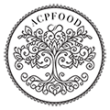
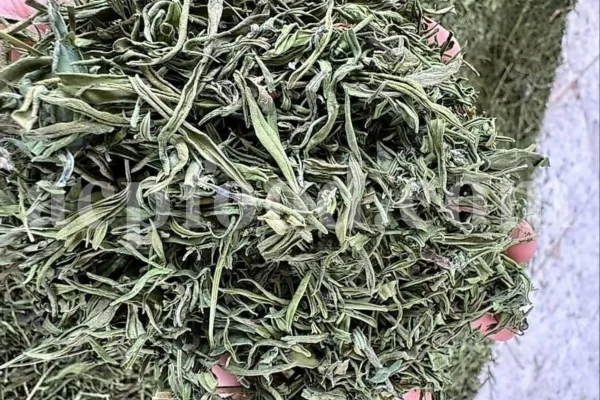
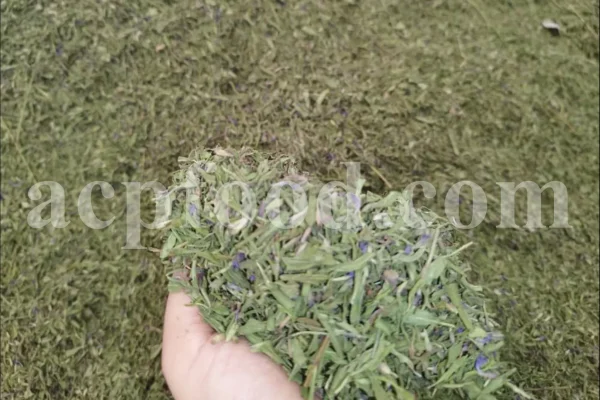
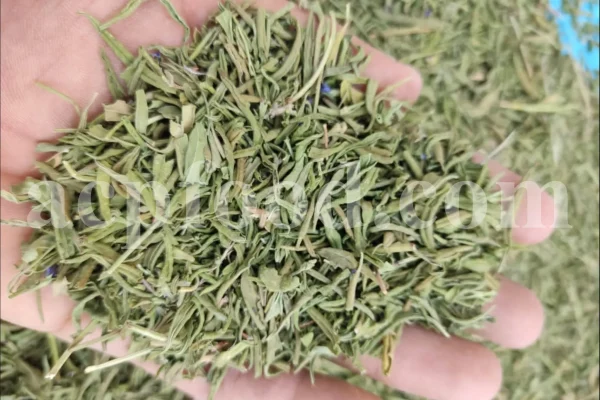
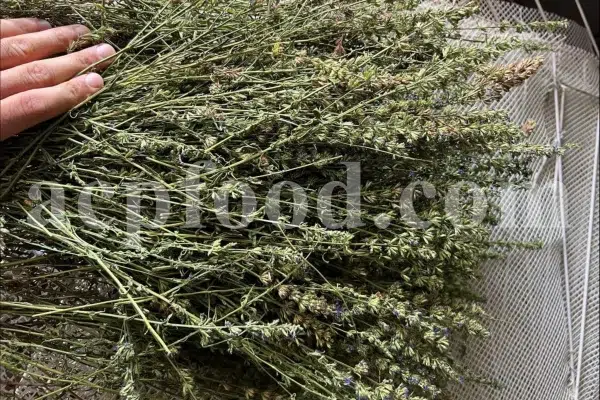
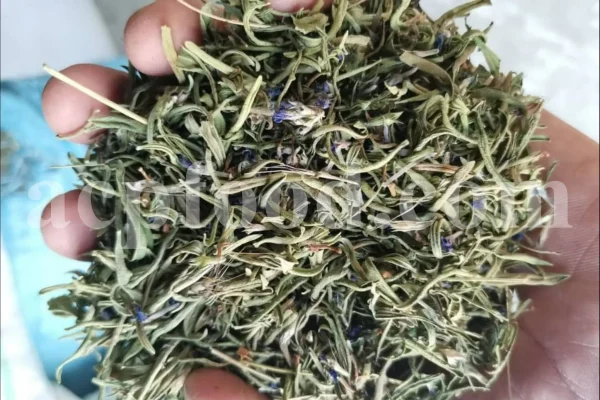


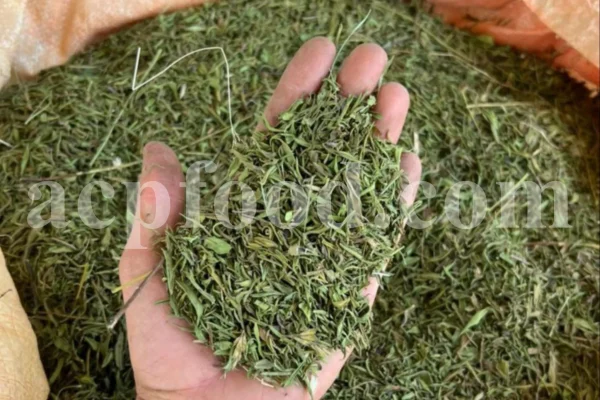
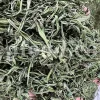
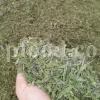
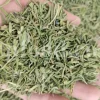
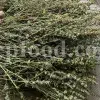

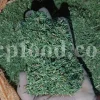
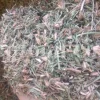

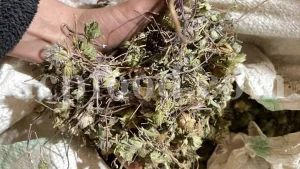
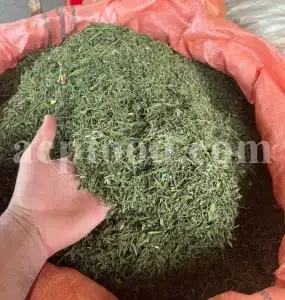
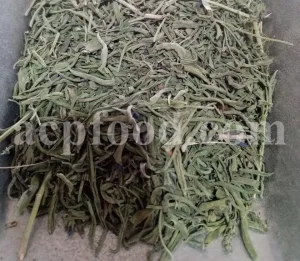
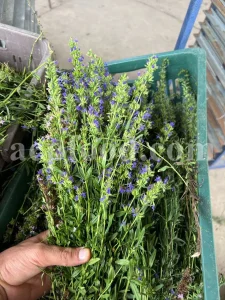
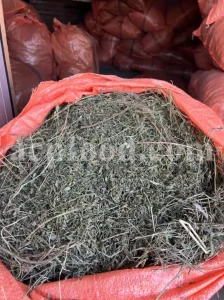
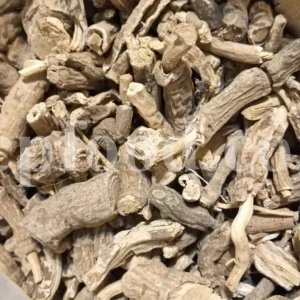
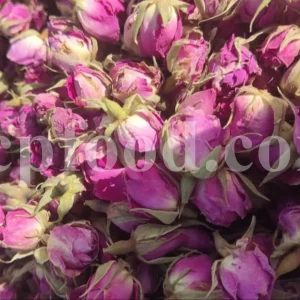
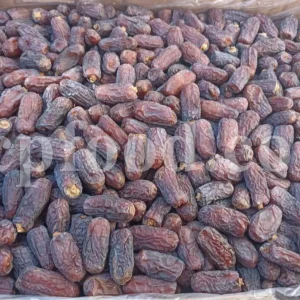
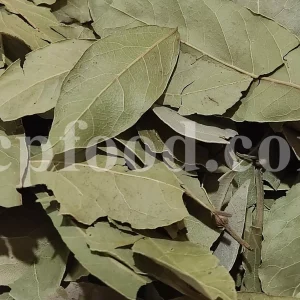
Reviews
There are no reviews yet.